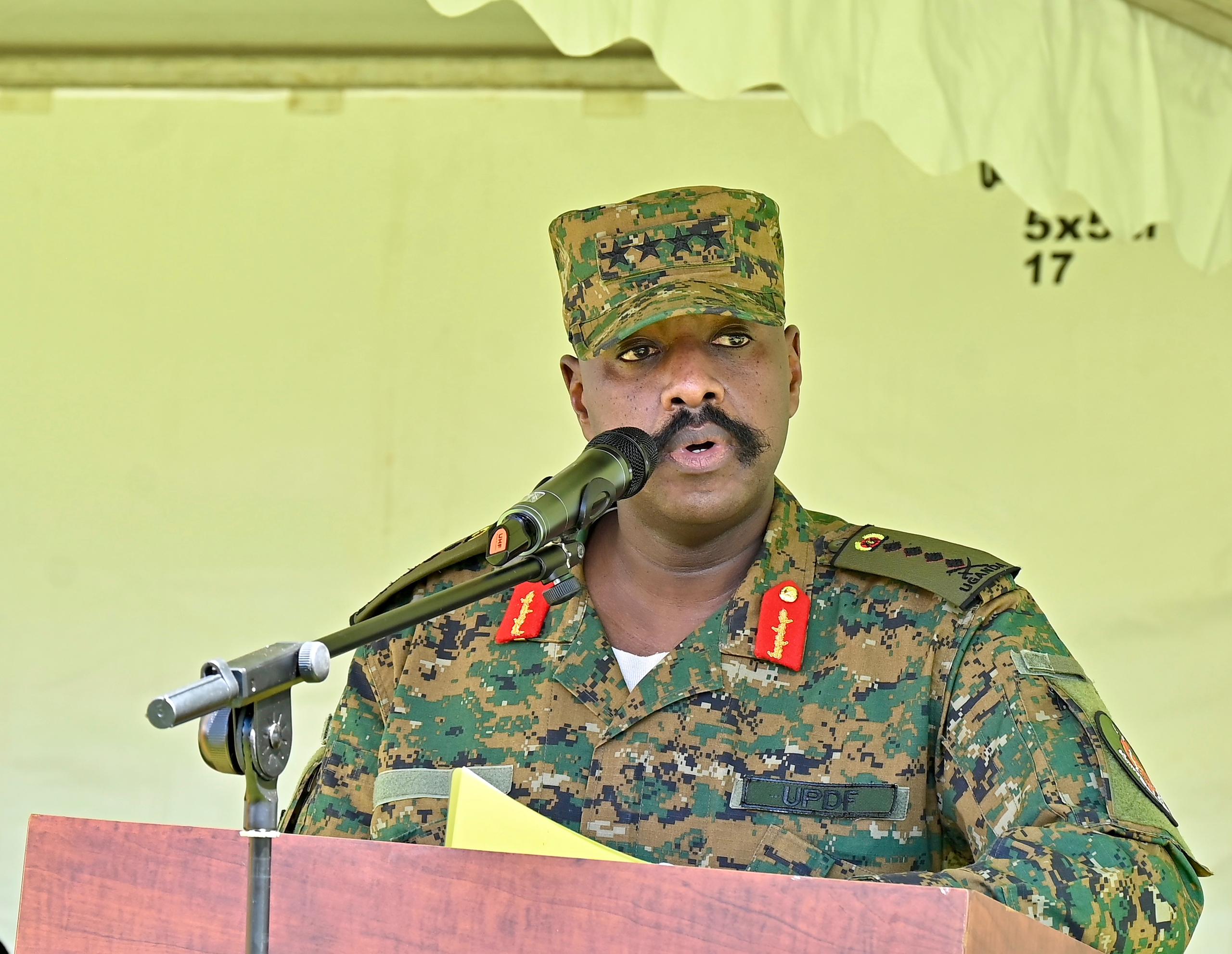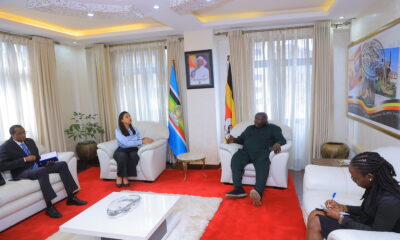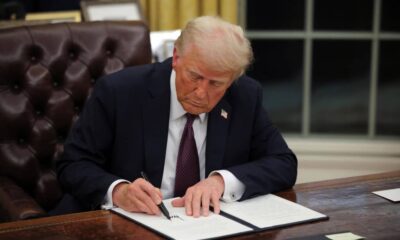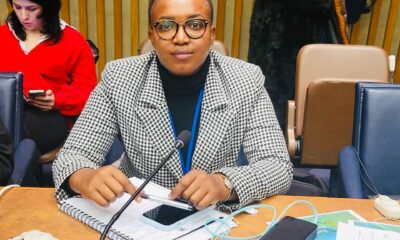Published
8 months agoon
By
Ugdiplomat
Uganda’s Chief of Defence Forces (CDF), General Muhoozi Kainerugaba, has fired back at U.S. Senator Jim Risch after the senator’s stern warning over the ongoing diplomatic tensions between Uganda and the United States. The general’s response, shared via his Twitter account, questioned America’s historical role in Africa and criticized the U.S. for its stance during Uganda’s troubled past.
Senator Risch, a high-ranking member of the U.S. Senate Foreign Relations Committee, had earlier tweeted that any further “confrontation” between Uganda and the U.S. would be “problematic” and met with a “serious response.” The senator’s remarks were in reaction to Gen. Muhoozi’s threat of a “serious confrontation” with U.S. Ambassador William Popp, accusing the diplomat of disrespecting Uganda’s president and constitution.
In his response to Senator Risch, Gen. Muhoozi brought up Uganda’s painful history and U.S. foreign policy during the regimes of Idi Amin and Milton Obote, stating:
“‘…Improve ties between the American and Ugandan people’? Where were the Americans when Idi Amin and Obote were slaughtering our people? If I remember correctly, in the 1970s and 1980s, the U.S. government was doing everything it could to maintain the Apartheid government in South Africa.”
READ ALSO: U.S. Embassy Responds to Claims of Ambassador Apology, Denies Any Formal Request
Historical Critique of U.S. Involvement in Africa
The tweet by Gen. Muhoozi taps into broader frustrations over Western involvement in Africa during the Cold War era. He highlighted the U.S.’s perceived inaction during Uganda’s brutal dictatorship years, as well as its support for the apartheid regime in South Africa, signaling that historical grievances continue to influence Uganda’s present-day relations with the U.S.
By raising these points, Gen. Muhoozi appears to be questioning the U.S.’s moral standing when it comes to current diplomatic tensions and interventions in Uganda’s affairs.
READ ALSO: Top US Senator Warns of Serious Response to Uganda Over “Confrontation” with Ambassador
A Deepening Diplomatic Rift
The back-and-forth between Gen. Muhoozi and Senator Risch has intensified the diplomatic spat that began when the general accused Ambassador Popp of undermining President Yoweri Museveni. While the U.S. Embassy in Uganda has since clarified that no formal apology request was made or issued, the rhetoric from Uganda’s military leader has escalated into a larger critique of U.S. foreign policy.
Senator Risch had warned of serious consequences if the situation continues to worsen, but Gen. Muhoozi’s historical references suggest that Uganda’s leadership may be prepared to stand firm in the face of U.S. pressure.
Potential Impact on Uganda-U.S. Relations
With Gen. Muhoozi now openly engaging in this public dispute, the situation could have broader implications for Uganda-U.S. relations. The U.S. is a key partner in security, aid, and development projects in Uganda. Uganda’s military cooperation with the U.S., particularly in areas of counter-terrorism and regional stability, could be impacted if the diplomatic spat continues.
READ ALSO: Uganda Set for Diplomatic Confrontation with US Ambassador, Gen. Muhoozi Warns
The historical context raised by Gen. Muhoozi also suggests that the dispute is about more than just diplomatic protocol—it touches on deeper issues of sovereignty, historical justice, and Africa’s long-standing grievances with Western interference in its affairs.
As both Uganda and the U.S. navigate this tense diplomatic situation, analysts suggest that careful management will be required to prevent lasting damage to their bilateral relationship. Uganda’s leadership, particularly Gen. Muhoozi, has shown a willingness to invoke historical grievances to make its point, adding a complex layer to what began as a dispute over diplomatic conduct.


World Bank Coils Tail, Ends Loans Ban On Uganda Over Gay Law


Venezuelan Envoy Pledges Closer Ties In Meeting With Minister Oryem


AU Condemns U.S. Travel Ban Affecting African Nations


Kiconco Brenda Launches Bid for NRM Youth League Boss: “This Is Our Voice”


Uganda And Russia Deepen Military Ties In Strategic Partnership


UAE’s Aster DM Healthcare to Donate Hitech Mobile Medical Clinic to Uganda
